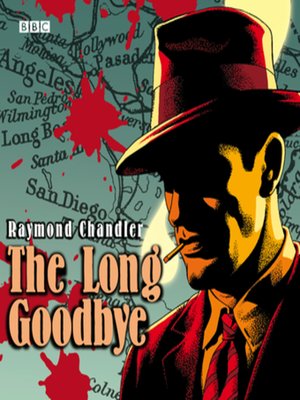


Thus, Chandler’s narratives conjure up a counter-metaphysics of absence: what they ultimately reveal is not the redeeming manifestation of a timeless plenitude but the gaping black hole of melancholy. As reappearance or recovery is usually synonymous, in Chandler’s world, with a more insidious and more final disappearance, this logic is anything but compensatory: on the contrary, it articulates an Orpheus-like tale of compounded loss, an ongoing retreat of essences, whereby valued objects not only disappear from view but also recede into ontological insignificance. A similar process takes place within individual narratives, where it is articulated by the logic of disappearance and recovery on which their plots often rely. Indeed, the expansion of Chandler’s narrative world, in the twenty-five years separating his first story for the pulp magazine Black Mask (1933) from his last completed novel, Playback (1958), seems to have been accompanied by a progressive laying bare of the void at its core, as experienced and conveyed by the lonely, literate detective who narrates most of his stories and all of his seven novels.

1 If the epiphany, as a spiritual presence whose manifestation compensates for the nightmares of history, is one of the salient figures of high modernist literature, the works of Raymond Chandler-which one can regard as an instance of late, low-key counter-modernism growing out of the culturally disenfranchised pulp magazines-are characterized, on the contrary, by the sense of a spiritual absence, of an intense meaninglessness and "not-thereness".


 0 kommentar(er)
0 kommentar(er)
